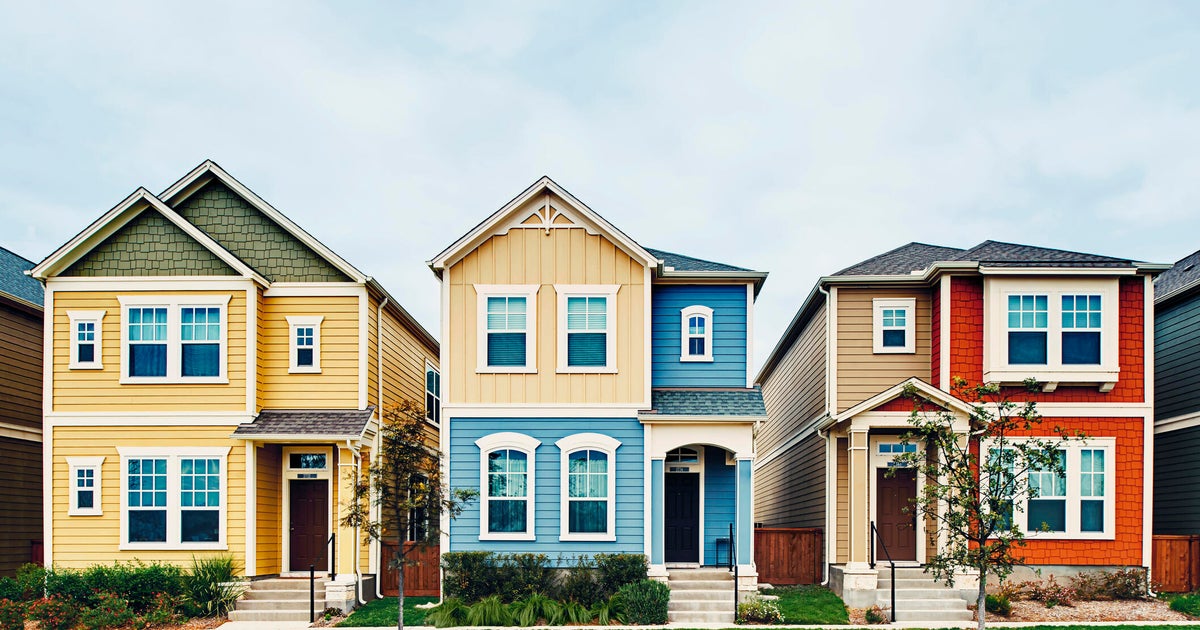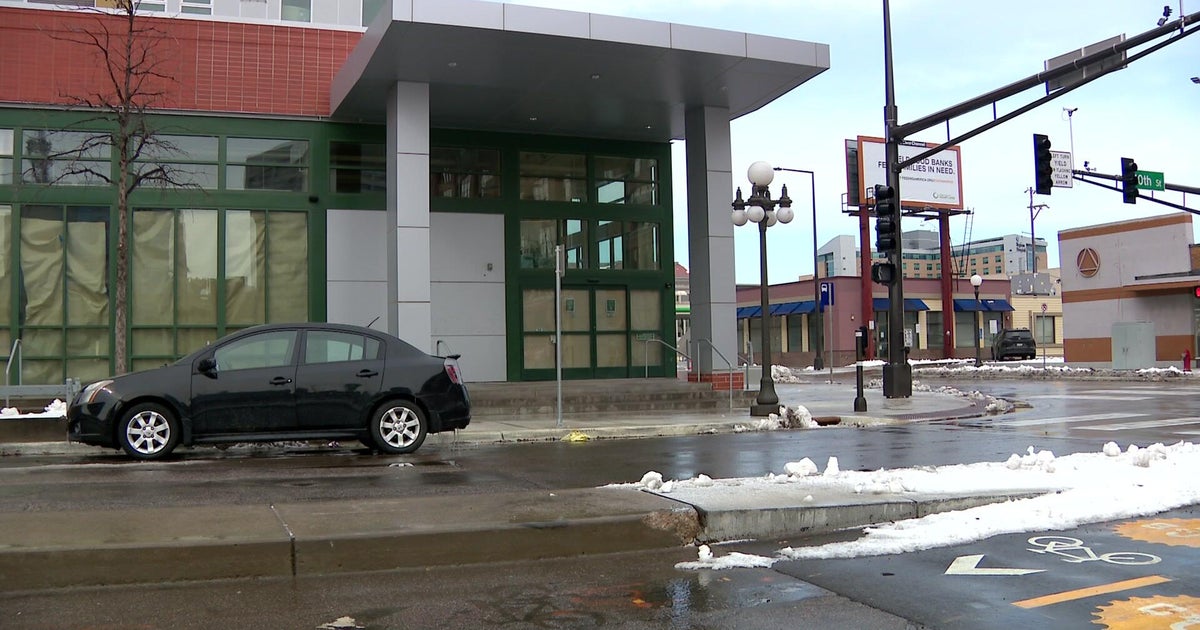Home prices are falling fastest in these 10 U.S. cities
Home prices in various parts of the U.S. are tumbling as mortgage rates shoot up to their highest level in years. The drop has been especially steep in once red-hot markets like Austin, Texas.
Residential real estate prices in the city, long known for its swinging music scene, progressive politics and flourishing tech sector, have fallen more than 10% since June, according to Realtor.com. Demand for homes surged during the coronavirus pandemic as many Americans fled large cities in favor of smaller metros, while a shortage of inventory drove prices even higher. But the number of available properties is growing in Austin, where the median price for a home as of September was $558,275.
Other Sunbelt cities are also seeing a sharp decrease in housing costs. In Phoenix, home prices have fallen nearly 10% since June, with the median listing at $493,500, according to Realtor.com. Other cities with significant drops over the last few months:
- Palm Bay, Florida (down 8.9% since June)
- Charleston, South Carolina (8.6%)
- Ogden, Utah (8.6%)
- Denver, Colorado (8%)
- Las Vegas, Nevada (7.9%)
- Stockton, California (7.7%)
- Durham, North Carolina (7.5%)
- Spokane, Washington (7.4%)
Across the country, home prices have fallen by thousands of dollars in recent months as sellers face a dwindling pool of potential buyers. Los Angeles, Sacramento and San Francisco in California are also seeing declines, with each city recording a 3.2% or higher drop during the summer, according to Zillow.
Despite the drop, home prices are still higher today than they were this same period last year, Danielle Hale, chief economist at Realtor.com said in the report.
Mortgage rates have reached their highest point in 16 years and are now double what they were at the beginning of 2022. As a result, the red-hot buyers' market is beginning to cool. The average rate on a 30-year mortgage was 6.6% as of Tuesday, according to Freddie Mac. A percentage point increase to a mortgage rate can add hundreds of dollars to a homeowner's monthly payment.
Economists expect mortgage costs to remain elevated as the Federal Reserve continues to hike its benchmark interest in an effort to tamp down inflation.
"As interest rates continue to move higher, we expect that mortgage rates should also rise, cooling housing demand, and therefore potentially contributing less to inflationary pressures in the coming year," analysts at the Wells Fargo Investment Institute said in a report. "We do not expect a repeat of 2008."



